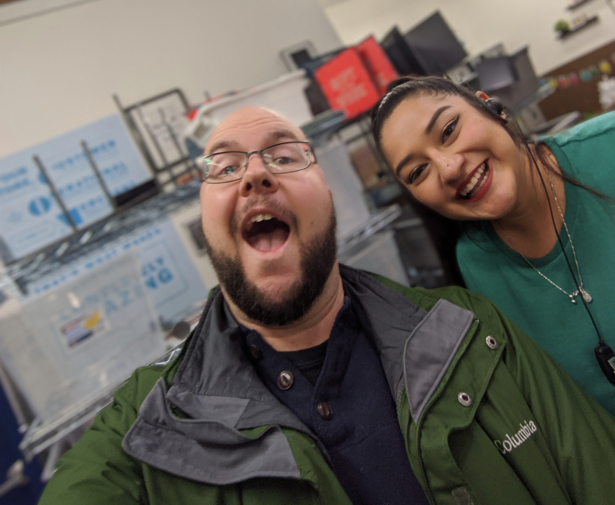
Responding To The Needs Of First Responders
The jobs of firefighters and other emergency personnel often take a toll that few discuss
About a decade ago, Tim Brown was burning some tree prunings in his driveway in rural Colorado when the local fire chief showed up. He’d forgotten to call in his fire to the sheriff, and the department had come to see what all the smoke was about.
“When he saw that I wasn’t going to burn down the neighborhood, the chief handed me a business card and said, ‘Hey, you ought to think about volunteering,'” says Brown, who was in his mid-40s at the time. And so his career as a volunteer firefighter began. “That sent me on a ten-year odyssey that was exhilarating and expansive and gratifying,” he told Good Turns recently. “But it also sent me into a PTSD nightmare.”
“I started out and I loved it, I really immersed myself in it,” Brown says. “I was particularly good at emergency medicine. But then we had an unusual spate of fatalities over two years, mostly related to motorcycle accidents and car accidents. There were a couple of suicides. But the worst one was the drowning of a three-year-old boy. These things cumulatively sent me. I wasn’t recovering from them and I became pretty sick. I got pretty depressed, and I was drinking too much, and I wasn’t connecting with my family. I was becoming less and less functional outside being a firefighter. I could run calls but that was kind of all I could do. I realized something was wrong, but it took me a while to figure out what to do about it. Finally, I got the right help and realized I had to quit being a firefighter and do something else.”
“I wouldn’t have chosen to get sick like that, but since I did, this is how I’m making lemonade”
What Brown has been doing since then is putting his experience to use in helping first responders who may be suffering post-traumatic stress disorder (PTSD) similar to his own. Soon after retiring as a firefighter, Brown got involved with an organization known as ResponderStrong, where he volunteers his time as part of a team helping educate first responders—including firefighters, law enforcement personnel, emergency medical technicians, as well as dispatchers and related professions—in what to expect in their profession of choice, and how and where to seek help should they need it.
With about 60 people involved initially, ResponderStrong has now grown to about 600 members all over Colorado, Brown says. “The thing that I’m most involved in is trying to establish a curriculum for the people who are just beginning their careers. No one’s really ever warned them or tipped them off that this is an occupational hazard that you will encounter, or that you will see people encounter. We’re trying to change the culture by letting the youngest people in those professions know that this can happen.”
ResponderStrong also hopes to educate the medical community in the kinds of challenges faced by first responders. “It’s very hard for therapists to relate to the work,” Brown says. “There’s not good knowledge generally. You get referred to a therapist and more likely than not that person will have no clue about the nature of your work or what you do. I’ve heard story after story about therapists not really being able to handle the content. So what we’re trying to do is to make sure that the therapists that are providing the help have a basis in first responder trauma in some way, so that when you get hooked up to a person, they understand what you’ve been through and know how to help you.”
“I’m grateful that I can bring my experience to it,” Brown says. “I wouldn’t have chosen to get sick like that, but since I did, this is how I’m making lemonade. I’m grateful to know what it’s like to be the one stuck in the barrel. I’m just glad I can turn that experience into something that can help other people. We’re working against the culture, which is changing, but which has been traditionally very resistant to recognizing any kind of mental health dimension to the work.”
Brown counts himself lucky. “Just as I was recognizing this in myself and others, there was a national recognition starting to take place that there was this occupational hazard for first responders. So I was part of a sea change that was happening. We don’t talk about how these things affect first responders. The key phrase is, ‘Suck it up, buttercup.’ But we have to start addressing this because of the real health issues that people are now starting to recognize.”
“It’s not the work I would have chosen,” Brown says, “but it’s the work that came to me.” We’re glad he was on duty to receive the call.
Photo courtesy of Flickr user Jereme Rauckman
Posted January 26, 2018





